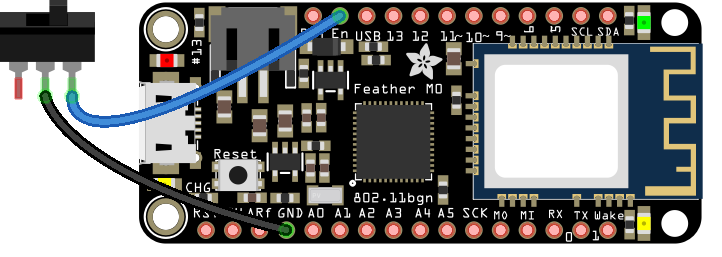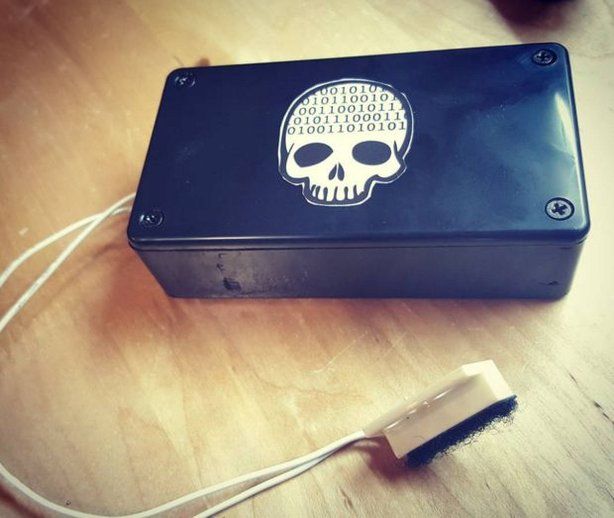-
Adafruit IO User Interface Update
We’ve deployed an all-new Adafruit IO user interface that should be faster, more responsive and streamlined than our previous UI. Beyond being faster and generally nicer to look at, another benefit of this change is it’s going to allow us to develop new features and fix existing bugs much more quickly than before. The high level changelog of the new features is below.
This should only impact the front-end browser UI. There should be no impact to your device connectivity or API/MQTT calls.
The UI is now directly using our API V2. It’s recommended that you also utilize the API V2 going forward. We’re working on updating our documentation and tutorials to indicate this as well. Also, if you’re using one of the many compatible devices, we highly recommend using our new client library that significantly simplifies and wraps the boilerplate needed to get a project going: https://github.com/adafruit/Adafruit_IO_Arduino
IO Changelog (high level):
- Updated design across the site
- Faster, more responsive and streamlined than before
- New charting features
- New Dashboard layout engine
- More granular permissions (in API V2) for your data
- New Activity page which should be more useful than before
- New functional sidebar in feeds page
- New dashboard block creation experience
- Bug fixes and performance optimizations
-
State of IO 01.10.17
Here are the stats for the past week:
* 70.0 million inserts of logged data in the last 7 days * 21,259 users * 16,063 online feeds (56,401 feeds total) * ~110 inserts per second via MQTT * ~12 inserts per second via REST API -
State of IO 12.14.16
Here are the stats for the past week:
* 65.3 million inserts of logged data in the last 7 days * 19,940 users * 15,004 online feeds (52,527 feeds total) * ~100 inserts per second via MQTT * ~12 inserts per second via REST API -
Quick Tip: Adding a Power Switch to your Feather
Here’s a quick tip from @ladyada that will show you how you can use the EN (enable) pin to control the power on your Adafruit Feather with a SPDT slide switch.

Here is how to connect the switch to your Feather:
- Feather GND -> Center pin on the switch
- Feather EN -> One of the outer pins on the switch
You can now turn your Feather off by flipping the switch to the side that is connected to the EN pin.
For more info about the EN (enable) pin, check out this guide.
-
User Submitted Tutorial - Magnetic Door Spy

Faraday Robotech shared their updated version of the IoT Door Detector Tutorial. Check out their new and improved version of the tutorial here: Wi-Fi Magnetic Door Spy Tutorial
If you would like your Adafruit IO tutorial to be featured, share it with us via Twitter (@adafruit) or Instagram (@adafruit) by using the hashtag #adafruitio.
